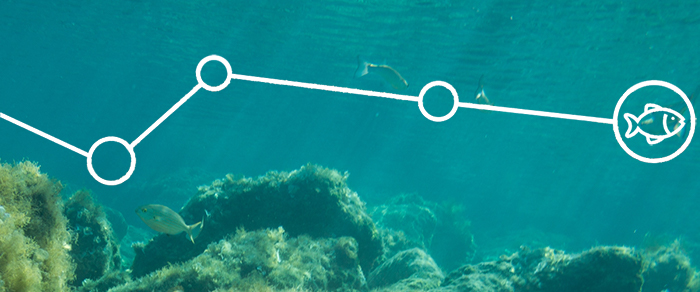
Sometimes, when solving problems in complex systems, designing simple solutions can work best. One year after we hosted a panel on blended finance and fisheries at SOCAP (the Social Capital Markets conference in San Francisco), we will be returning to this conference with a refined perspective on blended finance, and share what we’ve learned first-hand in Peru, Chile and Belize for keeping blended finance simple.
Overall, we believe that blended finance plays a major role in catalyzing fisheries transformation—the approach aligns efforts across multiple sectors, removes risks that otherwise prevents investors from engaging, and aligns funding to enable the right interventions at the right time. With blended finance we can broaden the scope of fishery programs to cultivate better livelihoods, recover the natural environment, and ensure food security for future generations. But while blended finance represents our overarching approach to investment, it is a broad field, with many roles and strategies. Here, we share details on our role in the blended finance model which we call “capital coordination”, and how it can help unlock financial support to drive environmental, economic, and social benefits in fisheries.
Back to Basics

Breaking Down Silos
So, how can capital coordination help overcome these silos?
Capital Coordination in Practice
Capital coordination is one of the topics that we’ll be covering in a workshop prior to SOCAP, where we’ll bring creative finance experts together from multiple sectors to explore how to fill the funding gap in fishery transformation. We’ll be eager to discuss these topics with fellow SOCAP participants over the course of the week and hope to take away some inspiration to refine the model even further. If you’re interested in hearing more about our blended finance or capital coordination approaches, or partnering with us on a project, please get in touch with Greg FitzGerald at gfitzgerald@futureoffish.org. We’re currently trialing the capital coordination approach in Peru, Chile, and Belize and look forward to sharing specific case studies in the future.
Published Oct 03, 2019




